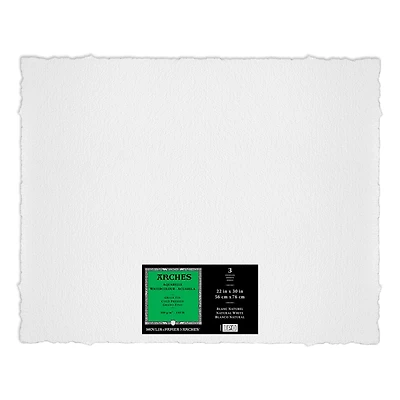Home
Reliquiae Diluvianae: Or, Observations on the Organic Remains Contained in Caves, Fissures, and Diluvial Gravel, and on Other Geological Phenomena, Attesting the Action of an Universal Deluge
Barnes and Noble
Loading Inventory...
Reliquiae Diluvianae: Or, Observations on the Organic Remains Contained in Caves, Fissures, and Diluvial Gravel, and on Other Geological Phenomena, Attesting the Action of an Universal Deluge in Chattanooga, TN
Current price: $61.99

Barnes and Noble
Reliquiae Diluvianae: Or, Observations on the Organic Remains Contained in Caves, Fissures, and Diluvial Gravel, and on Other Geological Phenomena, Attesting the Action of an Universal Deluge in Chattanooga, TN
Current price: $61.99
Loading Inventory...
Size: OS
William Buckland (1784–1856), Dean of Westminster, was an English geologist best known for his contributions to palaeontology. He became the first Reader in Geology at the University of Oxford in 1818. Buckland spent 1819–1822 investigating fossil remains in caves, in order to refine his concept of catastrophism. His research led him to the realisation that hyena remains in Kirkland Cave, Yorkshire, were the remains of an ancient ecosystem and were not relics of the Flood; this led to his being awarded the Copley Medal by the Royal Society of London in 1822. This volume, first published in 1823, contains a full account of Buckland's influential research in Kirkland Cave, which demonstrated for the first time the ability of scientific analysis to reconstruct events from deep time. Buckland's support for and influential revision of the concept of catastrophism is also illustrated in this volume.
William Buckland (1784–1856), Dean of Westminster, was an English geologist best known for his contributions to palaeontology. He became the first Reader in Geology at the University of Oxford in 1818. Buckland spent 1819–1822 investigating fossil remains in caves, in order to refine his concept of catastrophism. His research led him to the realisation that hyena remains in Kirkland Cave, Yorkshire, were the remains of an ancient ecosystem and were not relics of the Flood; this led to his being awarded the Copley Medal by the Royal Society of London in 1822. This volume, first published in 1823, contains a full account of Buckland's influential research in Kirkland Cave, which demonstrated for the first time the ability of scientific analysis to reconstruct events from deep time. Buckland's support for and influential revision of the concept of catastrophism is also illustrated in this volume.

















